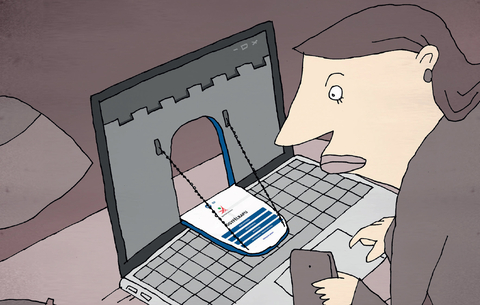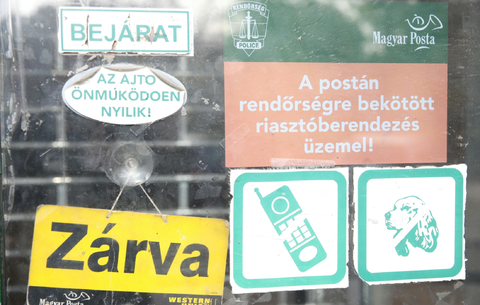Not worth the paper
The Socialist-Free Democrat government has never been keen on the "national identity document" first issued by the Orban government to ethnic Hungarians in neighbouring countries. There was talk of abolishing it, but the prime minister's office has now announced plans to limit the ID document's duration. Kinga Goncz explained the change of heart, saying: "There was never a problem with the Hungarian identity document. It had only positive effects."
Applying was often a primarily symbolic gesture of belonging to the Hungarian nation. Many do not even visit Hungary, the only place where it confers any benefits. They still felt it important to have some kind of document that resembled a Hungarian passport. There are some cultural, education and travel benefits - though at the beginning, it was necessary to have it in order to receive the educational and language-learning support the government provides to parents of ethnic-Hungarian children. This was important in Romania, since it proved possible to reach agreement with local authorities on the distribution of the money. Slovakia refused to accept this kind of family support, partly because proportionally far fewer applied. In Romania some Szekely communities were completely indifferent to the ID document. They were mostly middle-aged or elderly people who had no need for language-learning support. Nor did they visit Hungary or need to confirm themselves in their Hungarian identity, since they had lived their entire lives in a Hungarian-speaking environment.
The change to the law will bring an end to the practice of issuing special ID cards for teachers and students. These documents, renewed each year, allow ethnic-Hungarians from neighbouring countries to enjoy the same benefits as their Hungarian colleagues. The numbers show that students have little interest in them, since only those studying in Hungary can make use of them. The benefits remain, however: in future, the Hungarian ID document will guarantee the same rights.
The Hungarian ID document became popular in the Serbian Vojvodina and in the Lower Carpathian region of Ukraine because it was meant to help them to maintain links with the mother country now that it is a member of the EU, and especially once it joins the Schengen zone. But the document does not help with this, leaving the Foreign Ministry with the task of working out how to give ethnic-Hungarians from the two countries easier entry rights. There is no magic solution: it is almost certain that it will be less straightforward for them to enter the country in future, when the visa-free regime comes to an end.
ISTVÁN RIBA









